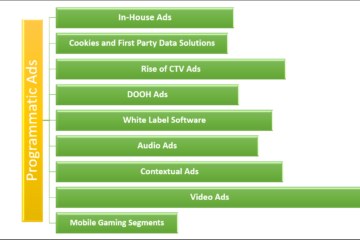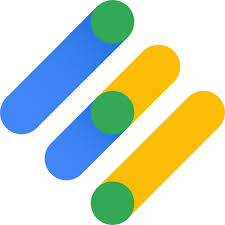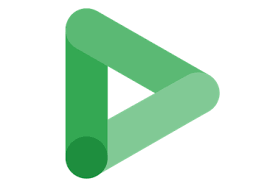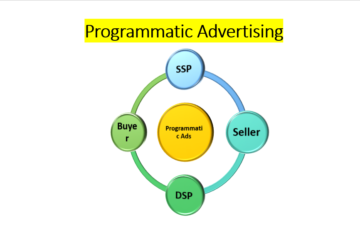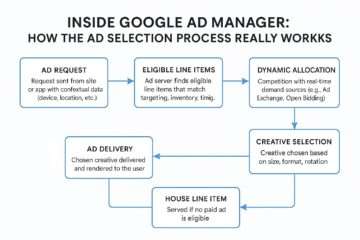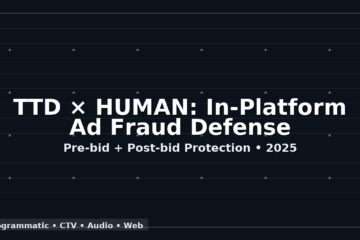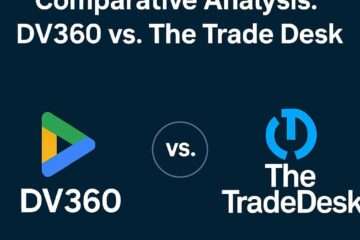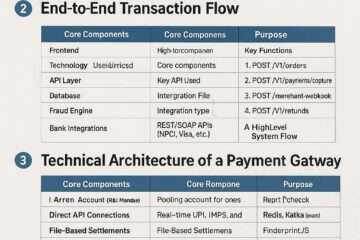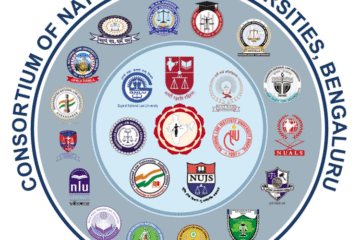

Introduction
The advertising technology (AdTech) industry has undergone a massive transformation with the rise of programmatic advertising, where AI-driven automation optimizes ad buying in real time. The integration of Artificial Intelligence (AI) and Machine Learning (ML) has revolutionized demand-side platforms (DSPs), supply-side platforms (SSPs), and data management platforms (DMPs).
With the emergence of AI-powered DSPs like GIGICO AI, Microsoft Copilot DSP AI, and other AI agents, the industry is witnessing unprecedented efficiency in ad targeting, bidding strategies, and campaign optimization. However, this shift also raises concerns about job displacement, ethical challenges, and the future of human roles in AdTech.
This article explores:
- The impact of AI and automation in programmatic advertising
- Key AI-driven DSPs like GIGICO AI and Microsoft Copilot DSP AI
- Challenges and opportunities in AI-driven AdTech
- Whether AI will replace jobs in the industry
1. The Role of AI and Automation in Programmatic Advertising
a) AI-Powered Real-Time Bidding (RTB)
Programmatic advertising relies on Real-Time Bidding (RTB), where AI algorithms analyze user data in milliseconds to place the most effective bid. AI enhances:
- Predictive bidding: Adjusts bids based on historical performance and real-time signals.
- Dynamic creative optimization (DCO): Personalizes ad creatives for different audiences.
- Fraud detection: Identifies bot traffic and invalid impressions.
b) Machine Learning for Audience Targeting
AI models process vast datasets (from DMPs and CDPs) to:
- Segment audiences more precisely
- Predict user behavior (e.g., purchase intent)
- Optimize frequency capping to avoid ad fatigue
c) Automated Campaign Optimization
AI-driven DSPs continuously adjust:
- Budget allocation across channels
- Bid strategies (CPC vs. CPM vs. CPA)
- Ad placements (Google Display Network, Meta, TikTok, etc.)
2. Emerging AI-Powered DSPs: GIGICO AI, Microsoft Copilot DSP AI
a) GIGICO AI
GIGICO AI is an AI-driven DSP that automates media buying with minimal human intervention. Key features:
- Autonomous campaign execution: Sets up, optimizes, and scales campaigns without manual input.
- Natural Language Processing (NLP): Allows advertisers to input campaign goals in plain language (e.g., “Maximize conversions for luxury shoppers in Europe”).
- Self-learning algorithms: Continuously improves performance based on real-time data.
b) Microsoft Copilot DSP AI
Microsoft’s Copilot DSP AI integrates with the Microsoft Advertising ecosystem, leveraging:
- Azure AI for predictive analytics
- LinkedIn data for B2B targeting
- ChatGPT-like interfaces for campaign setup via conversational AI
This tool helps advertisers automate:
- Cross-channel attribution
- Creative A/B testing
- Budget pacing adjustments
3. Challenges of AI in AdTech
a) Job Displacement Concerns
- Will AI replace jobs in AdTech?
- Yes, for repetitive tasks: AI automates bid adjustments, reporting, and basic optimizations.
- No, for strategic roles: Human oversight is still needed for creative strategy, brand safety, and ethical AI governance.
- Shift in skill demand: Professionals must upskill in AI-driven analytics, data science, and ethical AI practices.
b) Data Privacy & Compliance
- GDPR, CCPA, and AI transparency regulations require careful handling of user data.
- AI models must avoid bias in targeting (e.g., excluding certain demographics unintentionally).
c) Ad Fraud & AI-Generated Content Risks
- Sophisticated fraud: AI can detect fraud, but fraudsters also use AI to mimic human behavior.
- Deepfake ads: AI-generated fake endorsements could harm brand credibility.
4. Opportunities in AI-Driven AdTech
a) Hyper-Personalization at Scale
AI enables 1:1 ad personalization, improving engagement and ROI.
b) Improved ROI with Autonomous Optimization
AI reduces wasted ad spend by optimizing in real time.
c) New Roles in AI Governance & Ethics
- AI auditors to ensure fairness in algorithms
- AI trainers to fine-tune DSP models
5. Conclusion: Will AI Replace Jobs in AdTech?
While AI will automate many manual tasks (e.g., bid adjustments, reporting), it will create new opportunities in AI management, creative strategy, and ethical compliance. The future of AdTech lies in human-AI collaboration, where professionals leverage AI tools like GIGICO AI and Microsoft Copilot DSP AI to drive innovation—not outright replacement.
Advertisers who adapt to AI-powered tools will thrive, while those resistant to change may face challenges. The key is upskilling and embracing AI as a collaborator, not a competitor.
Final Thoughts
AI in AdTech is not about job elimination but job evolution. The industry will see:
✔ Fewer manual optimizers
✔ More AI-savvy strategists
✔ Higher demand for ethical AI experts
The future belongs to those who harness AI’s power while maintaining human creativity and oversight. 🚀


















































